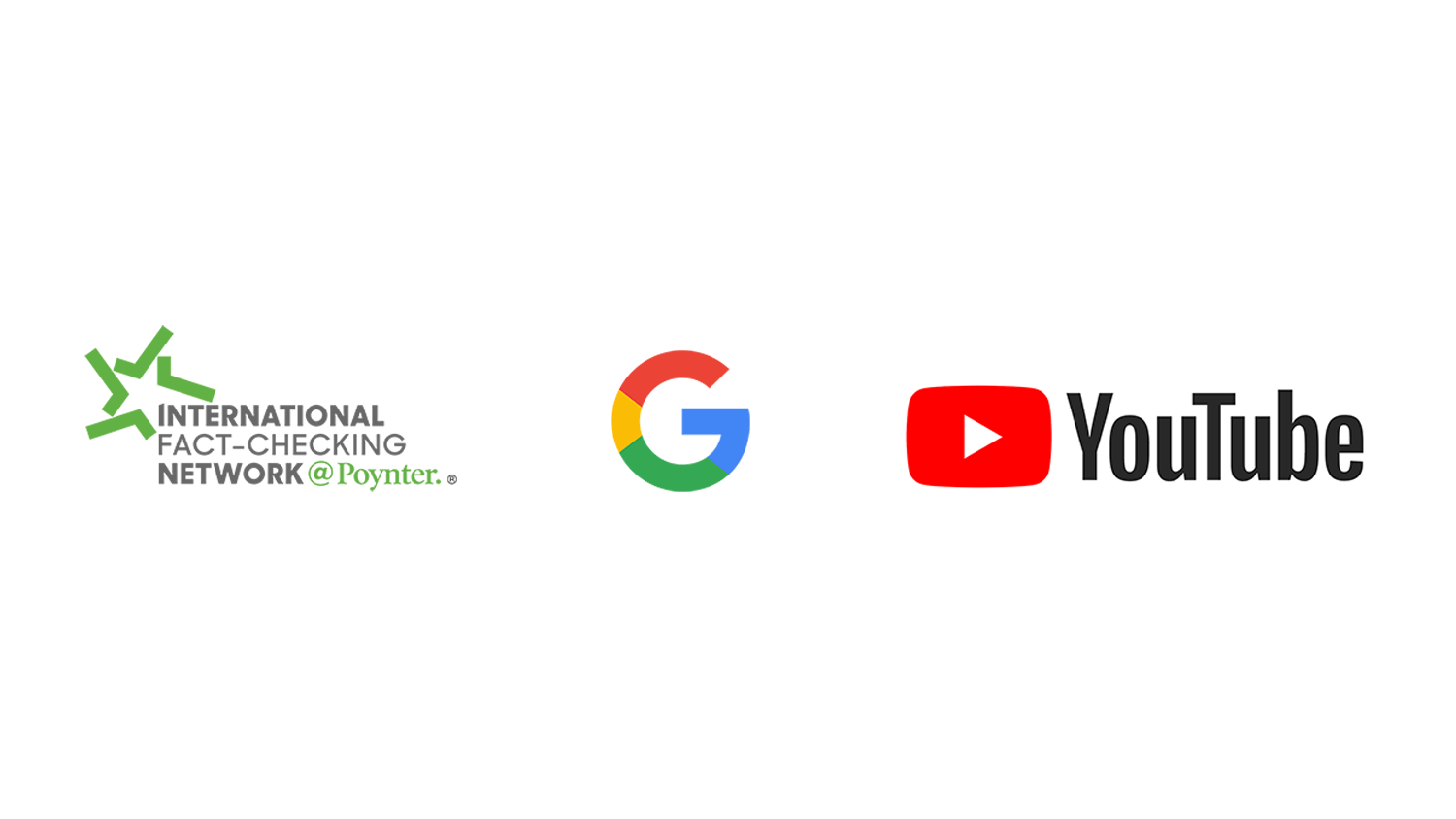I’ve started three recent workshops on artificial intelligence with the same question: “Who do you serve: The audience or the bottom line?”
And as newsrooms roll out guidelines for AI use, it’s troubling to see few are incorporating audience feedback or plans to enforce the rules.
That’s according to a working paper from the University of Oxford Internet Institute and the University of Trier, in which researchers compared AI guidance at dozens of newsrooms. The research, which hasn’t been peer-reviewed, highlights weaknesses in the burgeoning editorial policies — which are strikingly similar across 12 countries.
Despite the diversity of countries and contexts, a surprising degree of uniformity exists between these guidelines — not so much in the way they are structured and formulated but in how news organizations have decided to regulate the technology and ensure that it is used ethically.
Among 52 newsrooms, researchers looked at policies at:
- The BBC
- The CBC
- Der Spiegel
- Reuters
- The Associated Press
“First, while serving audiences was often mentioned, (soliciting) audience feedback on guidelines or engaging audiences on AI use was conspicuously absent — an interesting facet amidst industry discussions stressing the need for greater audience engagement,” the paper reads.
The AI policies contained little documentation about what happens when reporters or editors run afoul of the guidance. And, researchers found few mentions of rules about relationships with technology vendors — which if you’ve seen the press releases from tech companies I have, should worry you.
Of the newsroom leaders I’ve spoken to, including AP vice president for standards and inclusion Amanda Barrett, most have plans in place to meet at least monthly and assess internal standards. This paper is a good catalyst to do so as soon as possible.
I was particularly struck by this passage in the conclusion: “This, of course, ultimately raises the point (of) who and what AI guidelines are really for — are they a mere PR exercise, dressed up in (the) form of a policy or a meaningful contribution to regulating a technology in the face of uncertainty.”
By Alex Mahadevan, director of MediaWise at Poynter
What do you think?
Oxford’s study found that newsrooms have sought little input from audiences on the topic of artificial intelligence. We’re asking for yours.
Poynter is actively working on policies for its newsroom (we’re using the AP’s standards in the interim). We invite our readers — journalists and nonjournalists — to share your thoughts on what uses of generative AI are acceptable, what you think we should disclose about our use of AI, what’s cool and not cool and any concerns you have.
Your feedback will help to inform the guidance we develop. In addition, we plan to publish a selection of the responses, so if you do not want your email excerpted, please tell us.
Winners and losers in the Disney/Charter dispute

Buffalo Bills quarterback Josh Allen (17) throws under pressure from New York Jets defensive end John Franklin-Myers (91) during the second quarter of an NFL football game, Monday, Sept. 11, 2023, in East Rutherford, N.J. (AP Photo/Seth Wenig)
Disney and Charter Communications resolved their contract dispute on Monday, restoring ESPN, ABC, FX and National Geographic to 15 million Spectrum cable TV customers after nearly two weeks. Here’s who won and who lost in the deal.
Winner: Spectrum/Charter subscribers, who, thanks to the deal, will gain access to the ESPN+ and Disney+ streaming services at no additional cost. They will also get ESPN’s planned direct-to-consumer streaming service when it is available.
Loser: Sports fans overall. Millions missed the opening NFL and college football weekend and the U.S. Open. And many who tried to cancel their Spectrum subscription were met with long wait times or a complete inability to get through.
Winner: Disney. The company is guaranteed the roughly $2.2 billion in fees from Charter that it sought in the dispute, though not without concessions.
Winner: Those looking forward to the “Monday Night Football” game between the New York Jets and the Buffalo Bills. The service was restored just in time for the game.
Loser: The Jets fans among that crew. Aaron Rodgers, the 39-year-old quarterback who made his regular season debut with the Jets Monday, was injured and helped off the field during the team’s first possession of the game. CBS News reported that “if Rodgers were to miss the remainder of the season, New York’s chances of success would naturally take a major hit.” The Jets later announced that Rodgers’ X-rays were negative.
But wait …
Winner: The Jets. They pulled it off without Rodgers, beating the Bills 22-16 in overtime.
By Ren LaForme, managing editor
The importance of commas
Shortly after Rodgers made his way off the field, Kansas City Chiefs quarterback Patrick Mahomes tweeted, “Hate that man… Praying for the best,” in reference to Rodgers.
He soon realized his mistake and added a comma to read, “Hate that, man.”
“Knew i was going to need that edit button on here one of these days,” he tweeted.
By Ren LaForme, managing editor
Keeping up with Trump
The Washington Post has launched a weekly newsletter to stay on top of the four criminal cases against former President Donald Trump. The first edition of “Trump Trials” — led by Justice Department reporters Perry Stein and Devlin Barrett — was published on Monday.
“The goal is a weekly, one-stop shop to better understand what is happening in each of the four criminal cases — putting developments in perspective so you can see what are mountains and what are molehills in the legal landscape,” Stein and Barrett wrote in the introductory newsletter.
In a press release, The Washington Post said the newsletter would give readers an easy-to-understand summary of the prior week’s developments, news updates about upcoming court dates and analysis of how each case is progressing.
With four criminal Trump trials, that’s a lot of ground to cover. The first newsletter came with a guide on what comes next and also recapped what happened last week in each case in Georgia, D.C., Florida and New York.
Local journalists in Georgia have been working hard to keep readers informed on the case there. The Atlanta-Journal Constitution has a special newsletter for people interested in updates about the Fulton County grand jury indictment, and the latest season of the newspaper’s “Breakdown” podcast is all about the indictment. And for Georgia Public Broadcasting, political reporter Stephen Fowler — who has been covering voting in the state for several years — has a special, limited run of his podcast, “Battleground: Ballot Box” Podcast,” around the Fulton County indictments of Trump and his allies for their alleged efforts to overturn the state’s 2020 election results.
By Amaris Castillo, Poynter contributor
Poynter joins Rebuild Local News effort
The Poynter Institute has joined Rebuild Local News, a nonprofit, nonpartisan organization that advances public policy solutions to strengthen providers of local news and revitalize community journalism. Poynter will be a coalition member of the organization, which was founded by Steven Waldman, the co-founder and former president of Report for America.
Rebuild Local News, whose coalition represents more than 3,000 locally owned and nonprofit, community-based newsrooms across the United States, focuses on federal and state public policy solutions, including legislation to provide financial incentives such as tax credits for businesses to advertise with or subscribe to local news organizations.
Other coalition members include the Institute for Nonprofit News, the American Journalism Project, the NewsGuild, numerous state press associations and others. Members decide individually what legislation or policy proposals they support.
Strong local journalism is essential for democracy, said Jennifer Orsi, Poynter’s senior director for publishing and local news initiatives. “Joining the Rebuild Local News coalition is one more way Poynter can engage in creating a brighter future for local news, along with our training that strengthens local journalists and the strategic transformations we help news organizations achieve. We are glad to be part of the effort.”
Staff report
Media tidbits and links
- The Washington Post’s Taylor Lorenz reports that Instagram’s Threads app is blocking searches related to COVID-19 and vaccines as cases rise, with experts denouncing the moderation policies.
- The Daily Beast’s Robert Silverman with “How Barstool Built an Empire by Swiping Sports Highlights,” an investigation into content-stealing Twitter accounts apparently controlled by Barstool Sports
- The New Yorker’s Isaac Chotiner with “Ross Douthat’s Theories of Persuasion,” a profile of the Christian conservative New York Times Opinion columnist
- New York Magazine’s Shawn McCreesh with “The Journalist and the Billionaire,” a profile of former Time editor and CNN CEO Walter Isaacson on the eve of his new biography of Elon Musk
More resources for journalists
- Power of Diverse Voices: Writing Workshop for Journalists of Color (Nov. 15-18) (Seminar) — Apply by Sept. 15.
- Lead With Influence (Nov. 6-27) (Online Seminar) — Apply by Oct. 13.
- Poynter will present Anderson Cooper with its Medal for Lifetime Achievement in Journalism at the Bowtie Ball in Tampa, Florida, on Nov. 18. Get tickets to join the celebration.
- Hiring? Post jobs on The Media Job Board — Powered by Poynter, Editor & Publisher and America’s Newspapers.
Have feedback or a tip? Email us at news@poynter.org.
The Poynter Report is our daily media newsletter. To have it delivered to your inbox Monday-Friday, sign up here.








